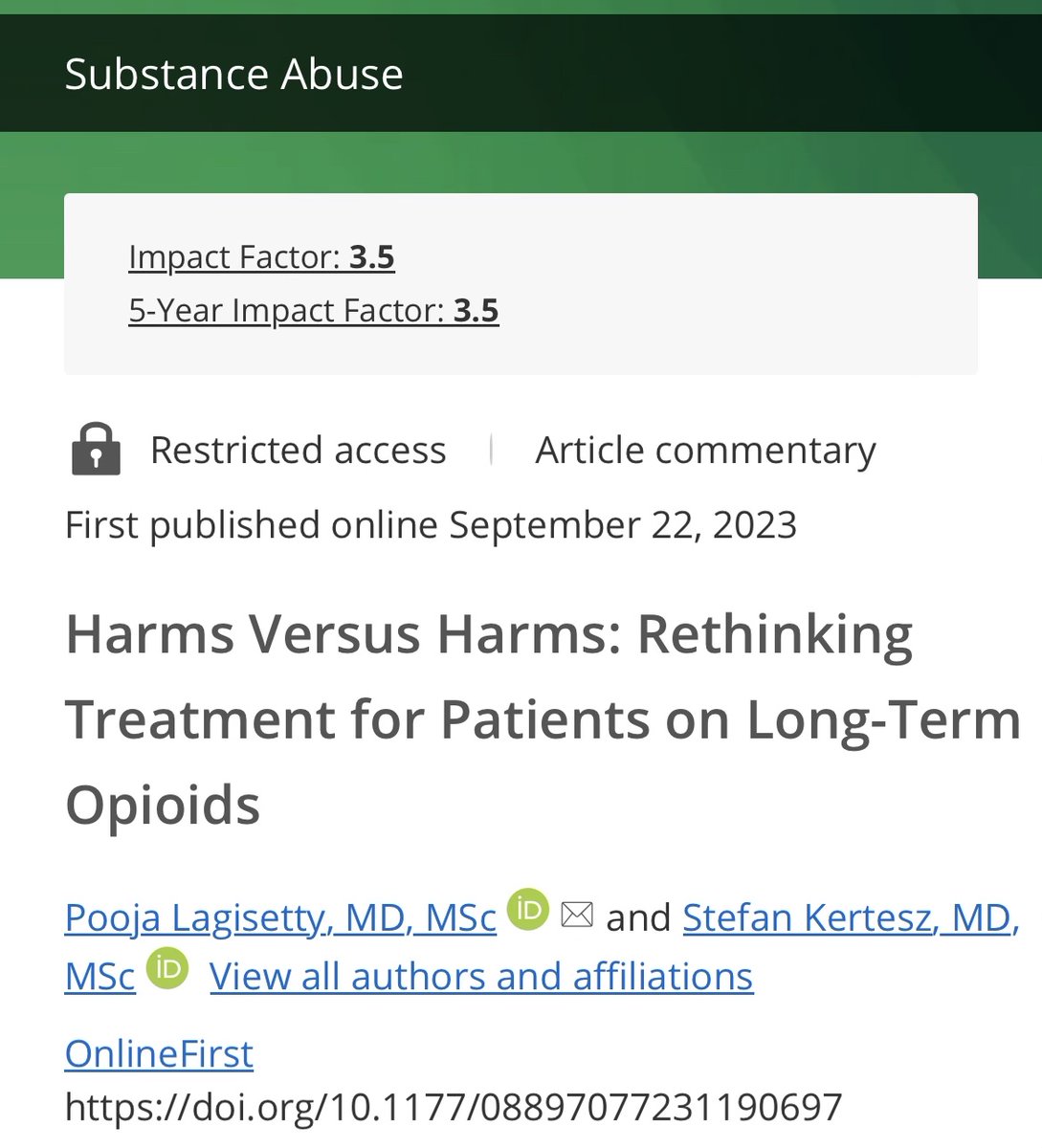1/In this randomized trial of 421, a Housing First approach ended homelessness for 86%, vs 36% for usual care. This was among extremely vulnerable persons- mental health ER visits ⬇️. No difference in acute hospitalizations or overall ER. Check 🔽
https://twitter.com/MKushel/status/1309605878136406016
2/Some key points: for people who argue that Housing First will save 💰 due to reduced health care use, the data from trials are not consistently showing that. People who are really ill are still in need of health & social care when housed. But sometimes you reduce ED use
3/With @MKushel we spoke to the moral, ethical & financial proposition here in @NEJM in 2016 : nejm.org/doi/full/10.10… But to end “this person’s homelessness” the offer of some housing subsidy is our current strongest intervention for persons with long term homelessness
4/I do know that for some, typically less disabled or less ill, more modest $ supports or targeted treatment _that they choose_ will be their way back. I worked with addiction researchers Milby & Schumacher, showing strengths & limits of such approaches link.springer.com/article/10.100…
5/But after 30 years of research ..”The only interventions we know that reduce homelessness more effectively than waiting and hoping involve some form of housing subsidy” (O’Flaherty). It’s not always easy to do RIGHT, but that is what we know so far) feantsaresearch.org/public/user/Ob… 

• • •
Missing some Tweet in this thread? You can try to
force a refresh

















